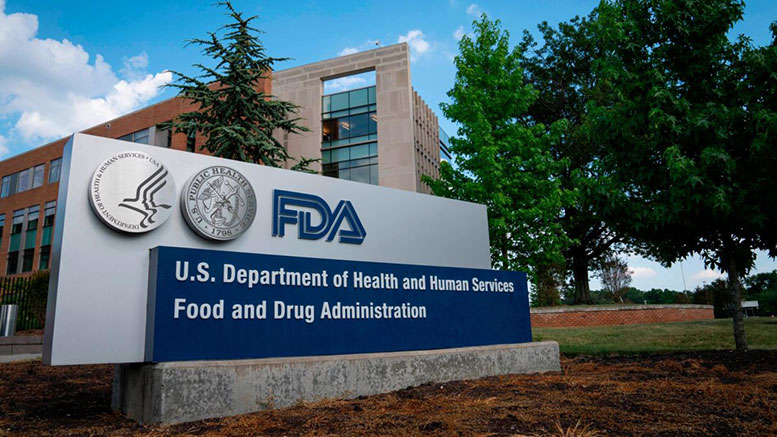A warning issued to an Arizona CBD marketer typifies the kind of practices regulators at the U.S. Food & Drug Administration (FDA) are trying to prevent as they attempt to shape rules for the market. The FDA cited the company, Phoenix, Arizona-based Cannafyl, under rules for dietary supplement labeling, unapproved new drugs and misbranded drugs.
In a March 1 letter, the FDA’s Center for Drug Evaluation and Research (CDER) warned Cannafyl about social media, company blog posts and other website content that touted its products as a near panacea for human health. The company claimed its CBD “helps manage cancer growth,” and “might positively affect COVID-19,” and that other of its products can “help relieve” neuropathy and psoriasis; may help treat opioid addiction, epilepsy, multiple sclerosis, Parkinson’s disease, infections, heart disease and diabetes, among other ailments. FDA said the claims violate the Federal Food, Drug, and Cosmetic Act (FD&C Act). Cannafyl makes CBD drops, salves and pet products.
Focus on COVID-19
In light of the coronavirus pandemic “FDA is taking urgent measures to protect consumers from certain products that, without approval or authorization by FDA, claim to mitigate, prevent, treat, diagnose, or cure COVID-19 in people,” the agency said in the letter, requesting the company “take immediate action to cease the sale of any unapproved and unauthorized products for the mitigation, prevention, treatment, diagnosis, or cure of COVID-19.”
FDA has periodically cracked down on mislabeled CBD products, and those that make unsubstantiated health claims as it resets the process of putting together CBD regulations. The agency sent a proposal for regulation of CBD to the White House Office of Management and Budget last summer after a year-long review, but the rules ran out of time as the U.S. administration changed in January.
Endangering public health
In the absence of federal regulations from the FDA, CBD makers and consumers are faced with inconsistent rules – or no rules at all – in individual states, creating problems for legitimate CBD vendors and endangering public health.
Critics have said that efforts at enforcement have come in the absence of significant research and meaningful progress on CBD rules. CBD stakeholders criticized an update from the FDA released in January, saying the report shows little has been done to advance the process of establishing a regulatory framework for the compound.
FDA wrote that the CBD products marketed by Cannafyl are not nutritional supplements, but rather unapproved and misbranded drugs.
“The aforementioned products are offered for conditions that are not amenable to self-diagnosis and treatment by individuals who are not medical practitioners,” FDA said in the letter to the company. “Therefore, adequate directions for use cannot be written so that a layperson can use these drugs safely for their intended purposes.”
FDA also cited claims regarding pet formulations marketed by Cannafyl which suggested CBD in the products might help treat or prevent cancer and help anxiety and pain in dogs.
“Your ‘Pet CBD Drops’ product is a ‘new animal drug’ under section 201(v) of the FD&C Act, 21 U.S.C. 321(v), because it is not generally recognized, among experts qualified by scientific training and experience to evaluate the safety and effectiveness of animal drugs, as safe and effective for use under the conditions prescribed, recommended, or suggested in the labeling,” FDA wrote in the letter.
Warnings but no rules
FDA has issued waves of such letters, the previous one coming late last year when five CBD marketers received warnings. Previous warnings went out in April and November of 2019 and again in April 2020.
The jurisdiction of hemp-derived products in the U.S. moved from the Drug Enforcement Administration to the Department of Agriculture with passage of the 2018 Farm Bill, which legalized hemp federally. FDA asserted its authority to regulate products derived from cannabis, including hemp, and therefore has a major role to play in the development of markets for CBD, food, cosmetics and drugs.
There is no legal deadline for the FDA, which moves at a notoriously slow pace, to clear a path for legal over-the-counter CBD.

